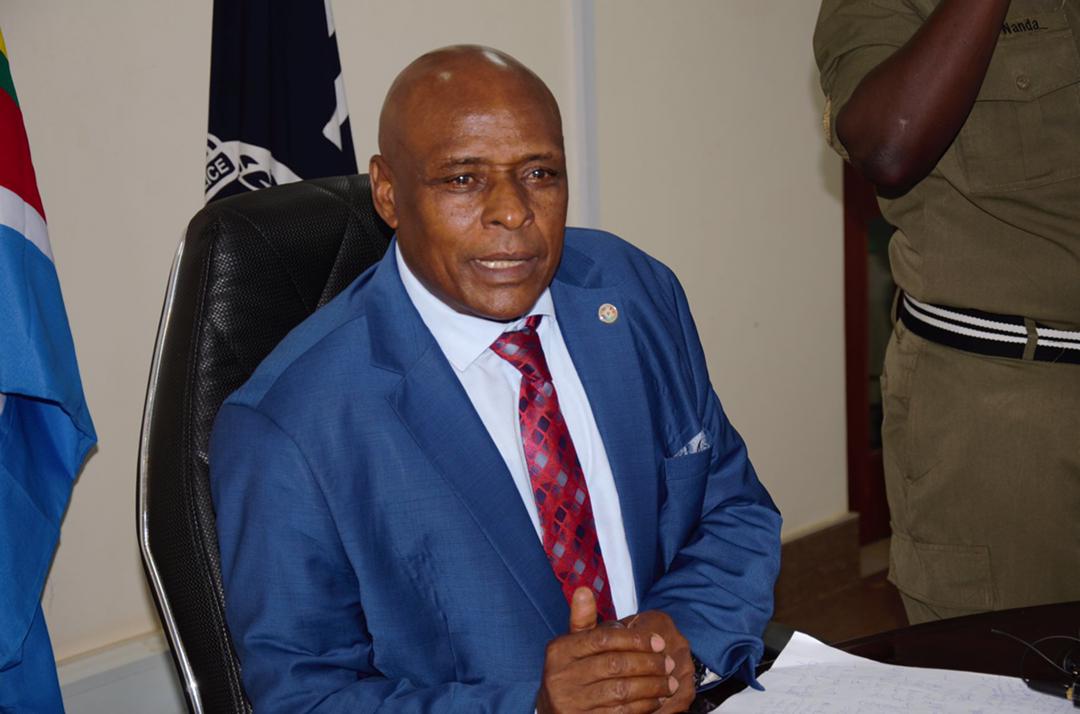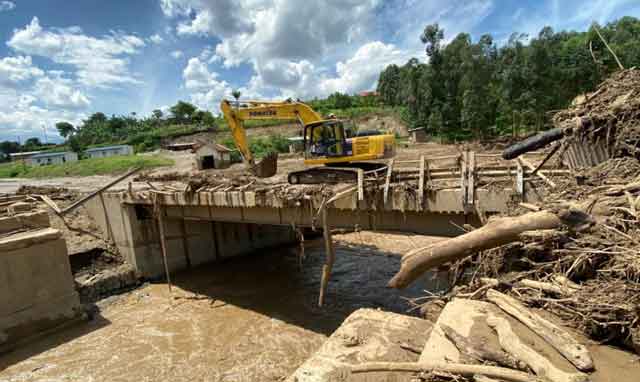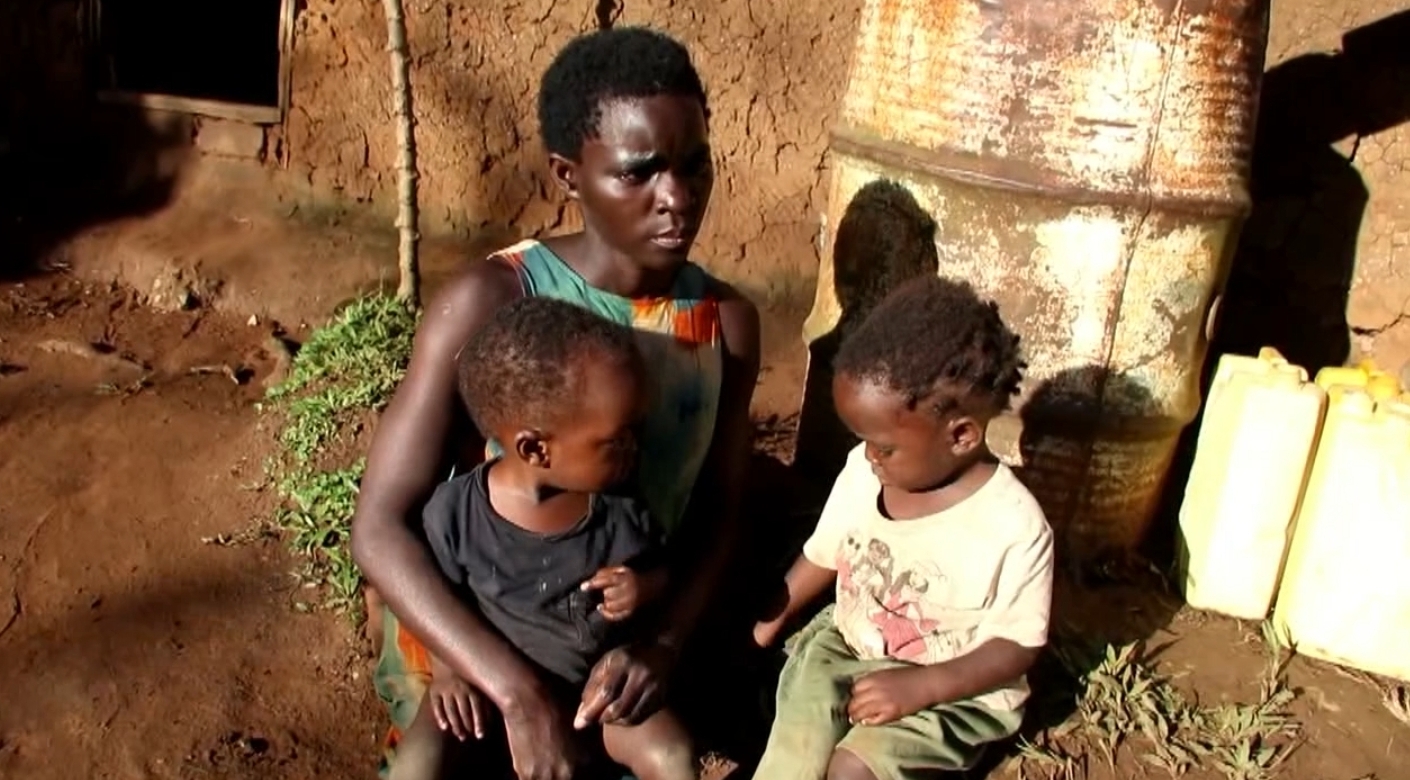Uganda's rising disease burden linked to climate change
By Olivia Nakalembe
Environmental scientists have sounded the alarm, attributing Uganda's escalating disease burden to the impacts of climate change, citing man-made disruptions to fragile ecosystems as a key factor.
The revelations emerged during the Climate Change and Health Symposium held ahead of COP 28, shedding light on the critical intersection between environmental shifts and public health challenges.
"Climate change has significantly intensified the prevalence of waterborne and vector-borne diseases, including cholera, Ebola, hepatitis E, and malaria, reaching approximately 75% due to disruptions in ecosystems," warned Dr. Prof Charles Batte, Executive Director of Adopt a Tree.
The strain on Uganda's healthcare system is palpable, exacerbated by limited capacity in both infrastructure and medical personnel to effectively address the growing health burden. Dr. JB Isunju from MAK School of Public Health emphasized this pressing issue.
"This situation puts immense pressure on the healthcare system, and we face challenges in coping with the increasing demand for medical attention." he stated
Key stakeholders in the health sector are now urging substantial investments in robust research focusing on the vulnerability of disrupted ecosystems.
They emphasize the importance of capacity building to empower medical professionals with the necessary tools to reverse the negative health trend spurred by climate change.
Dr. Prof Charles Batte reiterated the call for urgent action, stating, "Investing in understanding the impact of destroyed ecosystems is crucial. We need to equip our healthcare professionals with the knowledge and tools to mitigate the health risks associated with climate change."
The Ministry of Health revealed a significant funding gap of about 24 billion shillings in climate health funding, emphasizing the inability to bridge this gap alone. Dr. Herbert Nabasa, Commissioner of Environmental Health, stressed the need for collaboration with all key stakeholders to address and alleviate the mounting health burden.
"As a nation, we cannot tackle this challenge in isolation. We need collaboration and integration with all key stakeholders to effectively address the impact of climate change on public health," urged Dr. Herbert Nabasa.













